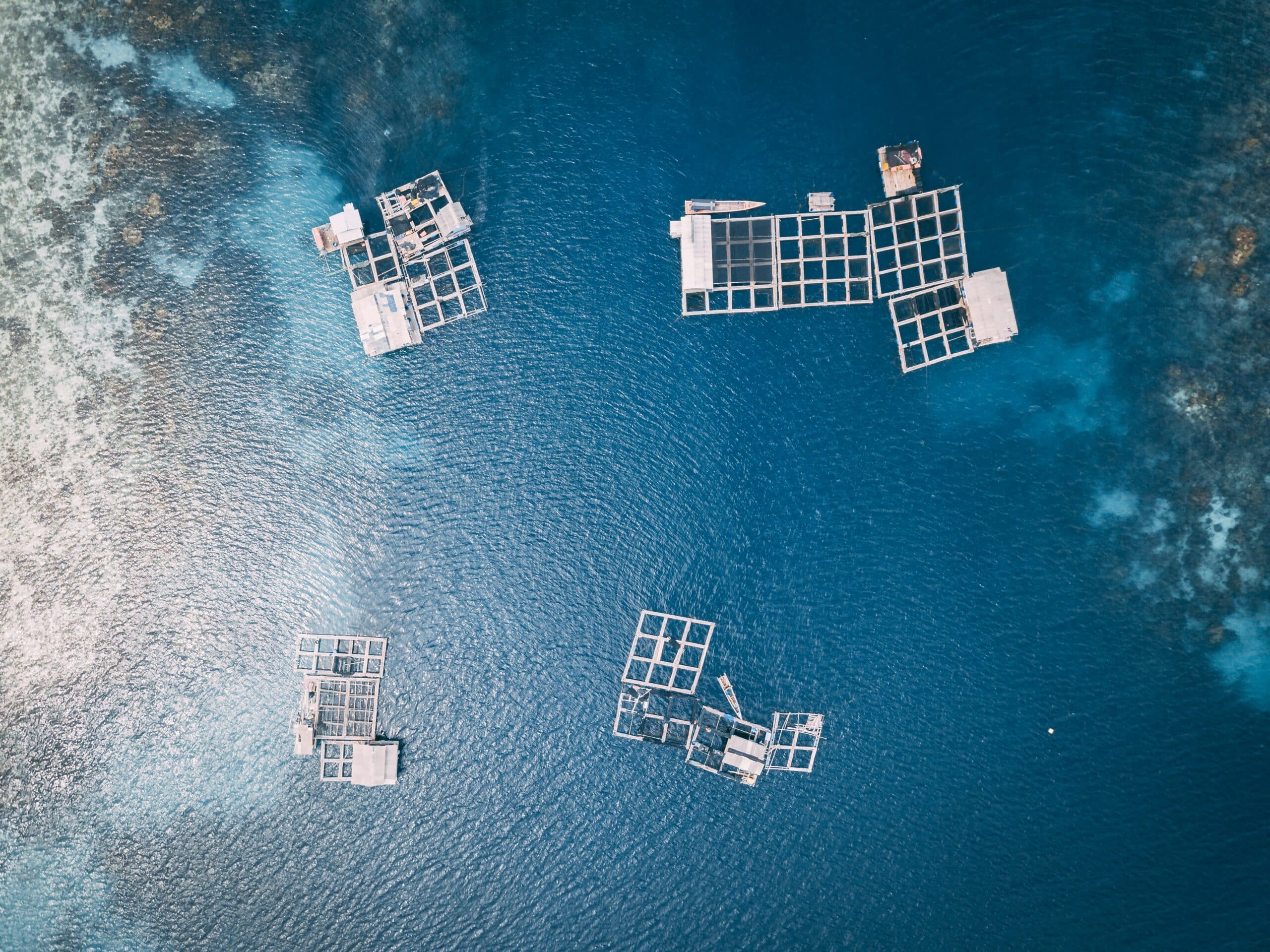Key Takeaways:
- BiOceanOr has secured €2 million in funding to expand internationally and enhance its AI-driven water quality prediction services.
- The company has already deployed its technology in Norway, Chile, Scotland, and Australia, working with major salmon producers.
- The new funding will support team expansion, international growth, and service development based on user feedback.
- New investor Go Capital joins existing backers The Yield Lab Europe and CAZ 2i in funding BiOceanOr’s mission.
- BiOceanOr has been recognized as one of France’s top maritime startups in the Blue Tech Index.
BiOceanOr Secures €2M for International Expansion
BiOceanOr, a French maritime tech startup specializing in AI-powered water quality prediction, has raised €2 million to accelerate its international expansion and product development. The funding round, advised by EY Ventury Avocats, includes new investor Go Capital through its Impact Océan Capital Fund, alongside continued support from existing partners The Yield Lab Europe and CAZ 2i (Caisse d’Epargne).
With this investment, BiOceanOr aims to expand its team in France and internationally, while continuing to scale its services in aquaculture and coastal monitoring. The company’s technology helps aquaculture producers anticipate environmental risks, optimize production, and improve sustainability in marine ecosystems.
“We believe the digitalization of the blue economy is crucial for ensuring the sustainable management of our marine resources,” said Samuel Dupont, President of BiOceanOr. “This funding represents a major milestone in our journey, allowing us to continue expanding our impact worldwide and support the transition towards more responsible water and ecosystem management.”
Expanding Global Reach and Industry Adoption
BiOceanOr has successfully deployed its technology in Norway, Chile, Scotland, and Australia, serving some of the largest industrial salmon producers. In addition to these direct deployments, the company has secured key partnerships and distribution agreements to accelerate the adoption of its water quality monitoring solutions.
The company’s predictive analytics provide real-time insights into water conditions, helping aquaculture businesses reduce risks related to oxygen levels, temperature fluctuations, and harmful algal blooms.
Beyond aquaculture, BiOceanOr’s technology is also being used by coastal and offshore industries to understand and minimize their environmental impact and operational risks.
BiOceanOr Strengthens Commitment to Sustainable Oceans
BiOceanOr actively supports four of the United Nations' Sustainable Development Goals (SDGs), with a particular focus on SDG 14: Life Below Water. Through its work in aquaculture and ocean monitoring, the company aims to promote healthier marine ecosystems and responsible resource management.
Recognizing its contribution to maritime innovation, BiOceanOr was recently named a winner in the Blue Tech Index by the French Maritime Cluster. This initiative highlights France’s most promising maritime startups, providing them with greater visibility on both national and international stages.
Future Growth and Market Diversification
With the new investment, BiOceanOr plans to:
- Expand its team with new hires in France and globally.
- Continue its international growth, targeting new markets beyond aquaculture.
- Enhance its services based on user feedback, optimizing predictive water quality analytics.
- Diversify into new industries that require sustainable water management solutions.
Looking ahead, BiOceanOr aims to play a key role in global ocean sustainability efforts, especially as 2025 has been declared the “Year of the Ocean.” The company will also participate in major UN Ocean Conference (UNOC) events in Nice, France.
“In just two years, we have successfully deployed our services internationally, and we are committed to ensuring sustainable growth in the years ahead,” BiOceanOr stated. “Beyond expansion, we are eager to adapt our expertise to new industries to help maintain cleaner oceans and healthier aquatic ecosystems.”


